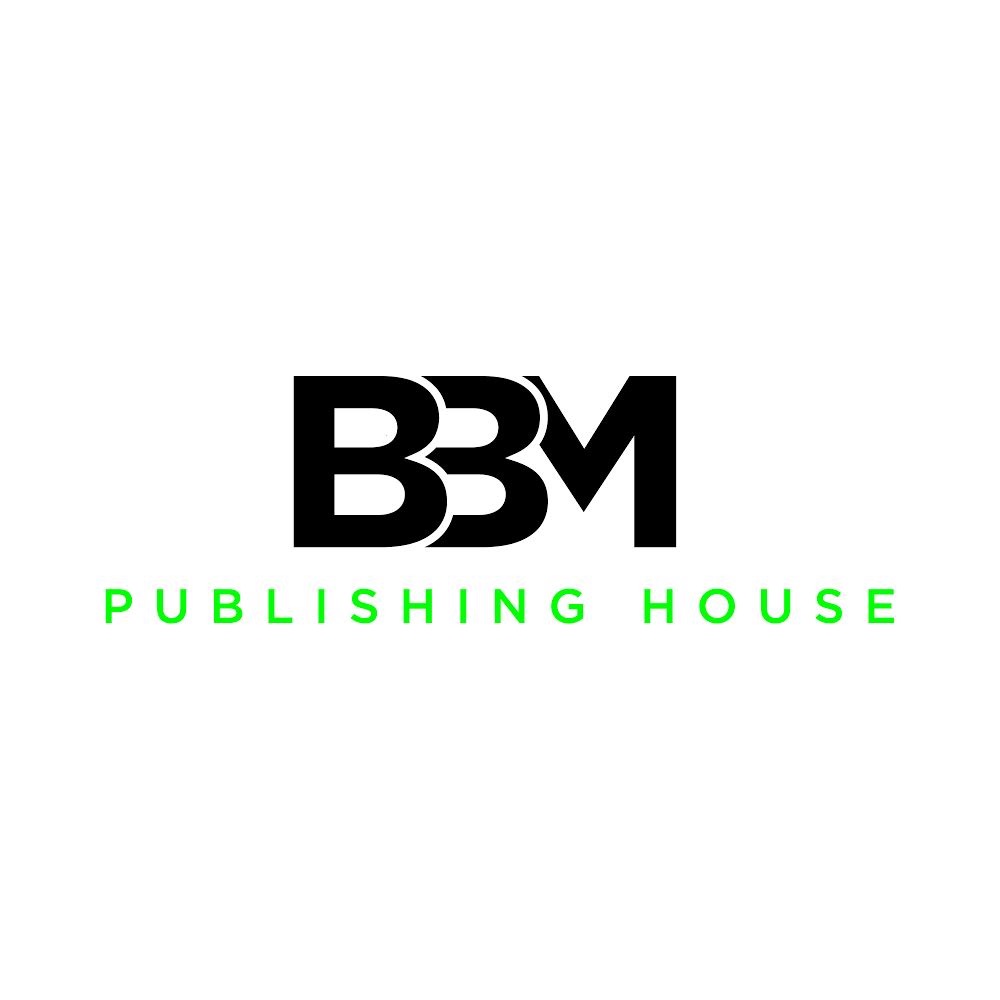Essential WordPress Security Tips for Business Owners

Ensuring the security of your WordPress site is paramount, especially for business owners who handle sensitive customer data and transactions. With WordPress powering over 40% of the web, it has become a prime target for cyberattacks. As web developers, understanding and implementing robust security measures is crucial to protect your clients and their businesses. This article outlines essential WordPress security tips to safeguard your website from threats and ensure data protection.
1. Regularly Update WordPress Core, Themes, and Plugins
One of the simplest yet most effective security measures is to keep your WordPress core, themes, and plugins updated. Developers regularly release updates to patch vulnerabilities and improve security.
Why it matters: Outdated software can contain known vulnerabilities that hackers exploit. Regular updates ensure that these vulnerabilities are fixed.
Action Steps:
- Enable automatic updates for minor releases.
- Regularly check for and manually install major updates.
- Subscribe to security newsletters or follow WordPress security blogs to stay informed about the latest updates.
Resource: WordPress Update Best Practices
2. Use Strong Passwords and Enable Two-Factor Authentication (2FA)
Weak passwords are a common entry point for hackers. Enforcing strong passwords and enabling two-factor authentication adds an extra layer of security.
Why it matters: Strong passwords are harder to crack, and 2FA ensures that even if a password is compromised, an additional verification step is required.
Action Steps:
- Use a password manager to generate and store complex passwords.
- Implement 2FA using plugins like Wordfence or Google Authenticator.
Resource: WordPress Password Best Practices
3. Limit Login Attempts and Monitor Login Activity
Brute force attacks involve attempting multiple password combinations to gain access. Limiting login attempts can significantly reduce the risk of such attacks.
Why it matters: Limiting login attempts helps prevent unauthorized access through repeated login attempts.
Action Steps:
- Use plugins like Limit Login Attempts Reloaded to restrict login attempts.
- Monitor login activity with plugins like WP Security Audit Log.
Resource: Preventing Brute Force Attacks
4. Implement SSL Certificates
SSL (Secure Socket Layer) certificates encrypt data transmitted between the user’s browser and the server, ensuring that sensitive information remains secure.
Why it matters: SSL encryption protects data from being intercepted by malicious parties and boosts SEO rankings.
Action Steps:
- Obtain an SSL certificate from a trusted provider or use a free service like Let’s Encrypt.
- Ensure your site is accessible via HTTPS and redirect all HTTP traffic to HTTPS.
Resource: Setting Up SSL in WordPress
5. Regular Backups
Regular backups are essential for recovering your site in the event of a security breach or data loss.
Why it matters: Backups allow you to restore your site to a previous state, minimizing downtime and data loss.
Action Steps:
- Use backup plugins like UpdraftPlus or BackupBuddy.
- Schedule automated backups and store them in a secure, off-site location.
Resource: WordPress Backup Best Practices
6. Secure Your Hosting Environment
Choosing a secure hosting provider and properly configuring your server environment can significantly enhance your site's security.
Why it matters: A secure hosting environment prevents unauthorized access and protects your site from server-level attacks.
Action Steps:
- Choose a reputable hosting provider that prioritizes security.
- Implement security measures like firewalls and malware scanning offered by your host.
- Keep your server’s software and operating system updated.
Resource: WordPress Hosting Security Checklist
7. Use Security Plugins
Security plugins provide comprehensive protection by scanning for malware, monitoring for suspicious activity, and implementing advanced security measures.
Why it matters: Security plugins offer an additional layer of protection and automate many security tasks.
Action Steps:
- Install and configure a security plugin like Wordfence or Sucuri Security.
- Regularly review security reports and take action on any identified threats.
Resource: Top WordPress Security Plugins
8. Disable File Editing and Directory Listing
WordPress allows admins to edit theme and plugin files directly from the dashboard, which can be exploited by hackers. Disabling this feature enhances security.
Why it matters: Prevents unauthorized access to critical files that can be modified to include malicious code.
Action Steps:
- Add
define('DISALLOW_FILE_EDIT', true);to yourwp-config.phpfile to disable file editing. - Disable directory listing by adding
Options -Indexesto your.htaccessfile.
Resource: Securing wp-config.php
9. Enforce Strong Permissions and User Roles
Assign appropriate roles and permissions to users based on their responsibilities to minimize the risk of unauthorized actions.
Why it matters: Restricts access to sensitive areas of your site, reducing the risk of accidental or malicious changes.
Action Steps:
- Review and update user roles and permissions regularly.
- Use plugins like User Role Editor to customize roles.
Resource: Managing WordPress Roles and Capabilities
10. Regular Security Audits
Conducting regular security audits helps identify and fix vulnerabilities before they can be exploited.
Why it matters: Proactive security audits help maintain a secure site by addressing potential weaknesses.
Action Steps:
- Perform regular security scans using tools like WPScan.
- Hire a professional to conduct comprehensive security audits.
Resource: Conducting WordPress Security Audits
In the world of web development, security is not just a feature; it’s a necessity. By implementing these essential WordPress security tips, you can protect your business, build trust with your customers, and ensure the integrity of your online presence. Remember, a secure site is a successful site.
Ready to take your WordPress security to the next level? Get a free website consultation with BBM Publishing House and ensure your site is protected. Don't forget to read more insightful articles on Web Dev "Unfiltered" at bbmpub.com.

Professional UX Designer, Entrepreneur and overall creative. Spenser has been dedicated to sharing stories from our community and creating opportunities for others through various mediums. Founder of Black Business Mine Publishing House, a company that creates content distinctly for OUR community, while offering business consulting, and comprehensive web design and development services.
MILLIONAIRE WEB SERVICES | BOOK FREE WEBSITE CONSULTATION | HIRE ME AS YOUR DEVELOPER
STACKS & STORIES | DIGITAL CRAFT DIGEST | PLAY 2 WIN DA GAME SPORTS



